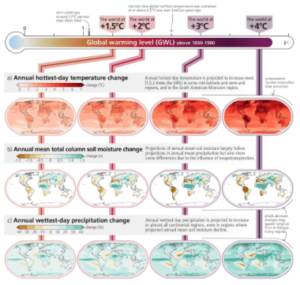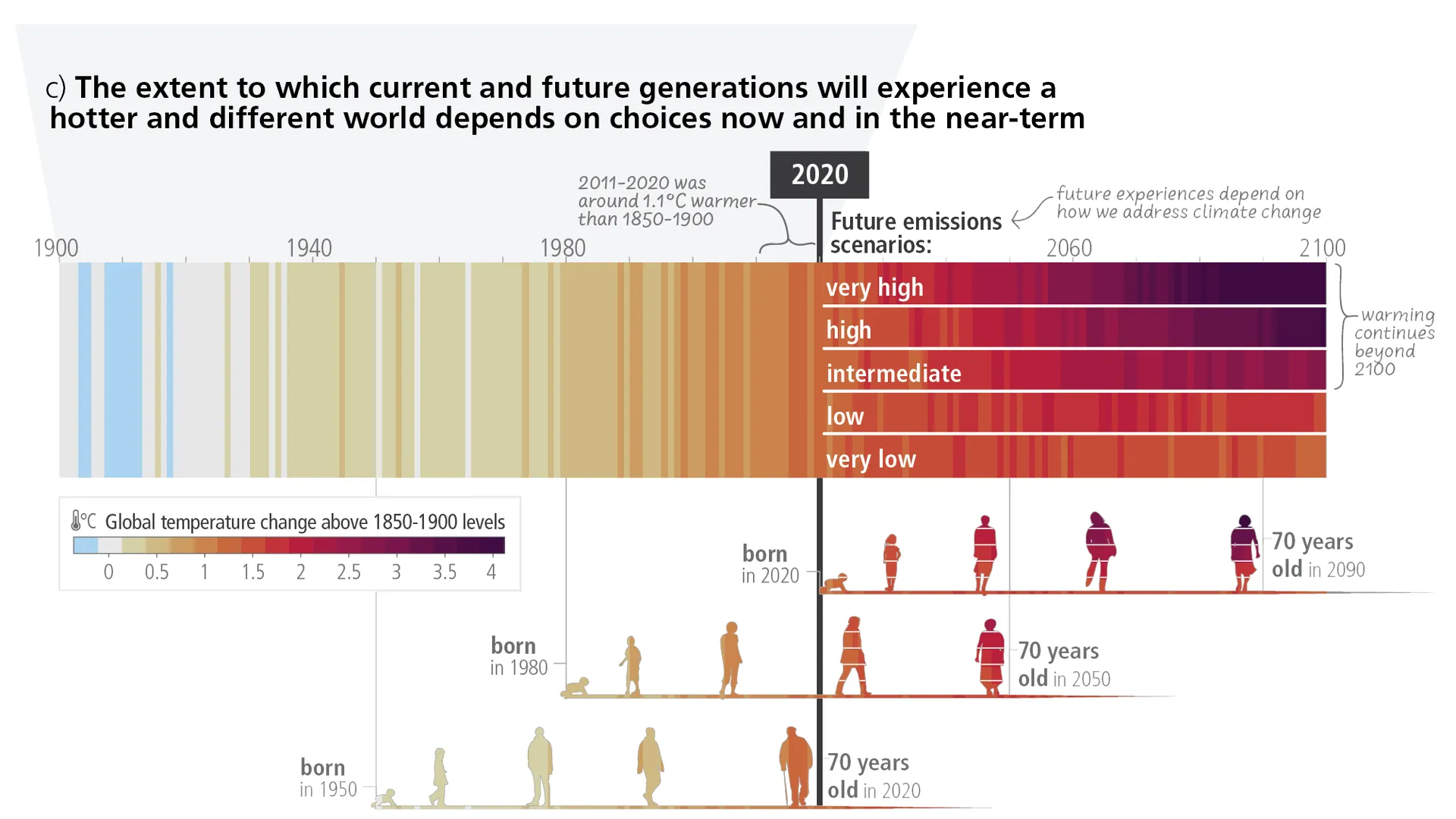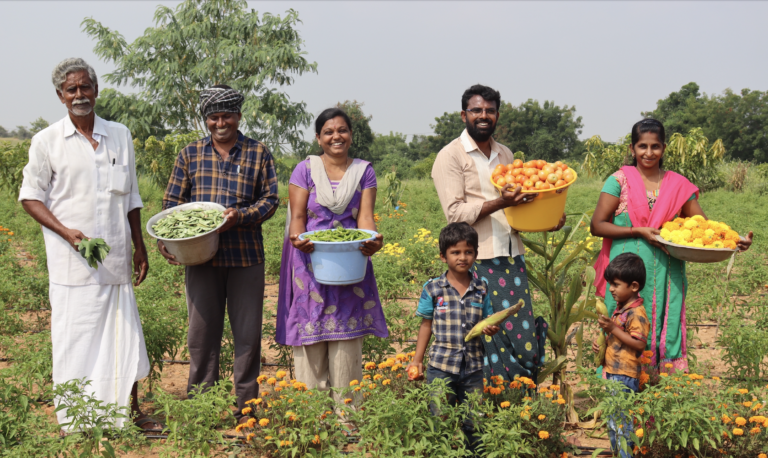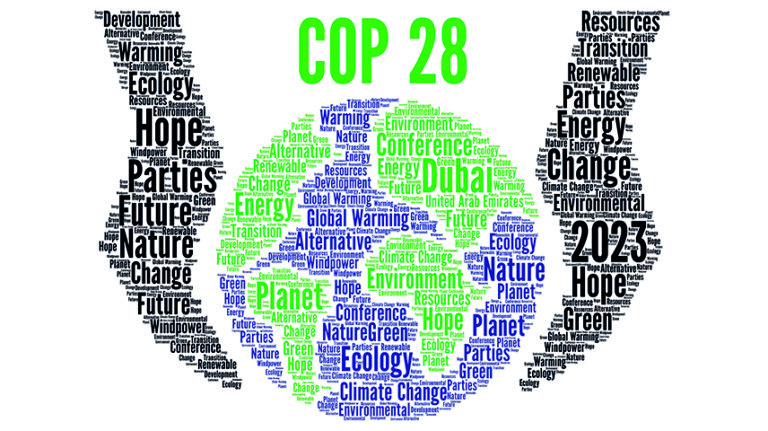IPCC (Intergovernmental Panel on Climate Change) has released its Sixth Assessment Report (AR6), the result of a continuous eight-year long scientific literature research on climate change, assessed by hundreds of scientists and experts in the field. The sober tone of the report reveals the devastating impacts of the climate crisis that seems inevitable as we are heading to 2030, the finish line of the Sustainable Development Goals.
‘Overshoot’–has been a reiterated notion of the report. Scientists have agreed to set 1.5oC (2.7oF) above pre-industrial levels as the threshold to avoid the worst impacts of climate change, however the report projects we are falling short from this goal. Human-caused climate change mainly through unsustainable energy use (e.g. fossil fuels), land-use change, lifestyle, production and consumption patterns have warmed the planet by 1.1oC and is leading the earth to cross past 1.5oC by early 2030s. If we are running at our current pace and scale, this condition will likely contribute to far more severe climate impacts, including more intensified and frequent flood, droughts, heat waves, and cyclones.
 Projected scenarios and possible changes from the increment of global warming. With increased temperatures, it would be harder to adapt and prevent hazards. Source: IPCC AR6
Projected scenarios and possible changes from the increment of global warming. With increased temperatures, it would be harder to adapt and prevent hazards. Source: IPCC AR6
While every region worldwide experiences the deleterious effect of climate change, AR6 emphasizes that vulnerable communities (around 3.3 – 3.6 billion people) who contribute the least to climate change are experiencing the greatest negative impact. Catastrophic events such as climate extremes have made them more vulnerable to acute food and water security, and it is not slowing down, instead aggregating and becoming more frequent each year. Climate crisis has disrupted their well-being and development, hindering the efforts to reach Sustainable Development Goals which have already been difficult for these communities.
Responding to the climate crisis involves two approaches: adaptation strategies (adjusting to current and projected future climate) and mitigation strategies (curbing the greenhouse gas emission). Although both have been implemented worldwide and have shown some progress, the report reveals our poor performance on both strategies. Our current adaptation strategies are found to be fragmented, incremental, and sector-specific. Adaptation gaps are also more prevalent among the lower income group, proving the climate crisis injustice once more. Mitigation strategies by curbing the greenhouse gas emissions also still need improvement. The current policies and laws, although intended to reduce the emission, require a much deeper global GHG emissions effort. Scientists calculated that GHG emission must be cut around 43% by 2030, 60% by 2035, 69% by 2040, and reach its overarching goal of 84% reduction in 2050 to avoid the worst effect of climate change. As the report repeatedly mentioned, our window of opportunity to enable climate resilient development is rapidly narrowing–urging us to act now, and not later.
There is, however, a silver lining on this gloomy report. Climate scientists are confident that we already have the solutions to tackle the climate crisis. For example, sustainable biofuels, cheaper cost of electrified vehicles, advances in battery technologies, and green/blue infrastructure are available and ready to be scaled-up. The report also laid out the practical solutions in every sector and how each solution can accelerate the climate adaptation and mitigation strategies. Policy makers, organizations, and business entities can use AR6 as their manual book to further advance their climate actions in this narrowing window of opportunity.
Although the climate crisis has been deeply associated with GHG emission, it in fact points out a deeper problem within society. The gaps, including inequity and marginalization, in climate actions are hindering our effort to stay below 1.5oC. This predominantly happens among lower income populations which link to gender and ethnicity, especially in indigenous and local communities. Regions with poverty, governance challenges, conflicts, and resource limitation are more vulnerable to climate change. To address this underlying problem, AR6 encourages a more inclusive participation alongside the effective economic and regulatory instruments to narrow the climate action gaps. This includes broadening equitable access to domestic and international finance, technology, and capacity to accelerate mitigation strategies in low-income regions.
AR6 also highlights the importance of public-private partnerships to close the gaps in global investment. Multi-sectoral partnerships are vital to generate the feasibility, effectiveness, and benefits of mitigation and adaptation actions, thus increasing the possibility to keep global warming below or at 1.5oC. There has been some progress in activating this partnership, however it would need to be accelerated across all sectors and regions. Among the organizations working on climate finance and actions, Global Alliance for a Sustainable Development (GASP) acts as a medium to leverage private finance for public good–narrowing the gap on global investment by partnering with various organizations and stakeholders across the globe.
“Public finance is an important enabler for adaptation and mitigation, and can also leverage private finance. Adaptation funding predominately comes from public sources, and public mechanisms and finance can leverage private sector finance by addressing real and perceived regulatory, cost and market barriers, for instance public-private partnerships” – IPCC AR6
Limiting warming to 1.5C is crucial to avoid the substantial effect and irreversible losses in our ecosystem. AR6 acts as a final warning for humanity based on extensive research and data, forcing us to give an immediate response to address climate change in the coming years. Any delay on aggressive, inclusive, deeper, rapid, and scalable climate action across sectors will cost our future generation living a life they do not deserve.
“The Synthesis Report underscores the urgency of taking more ambitious action & shows that, if we act now, we can still secure a liveable sustainable future for all” – IPCC Chair, Hoesung Lee



